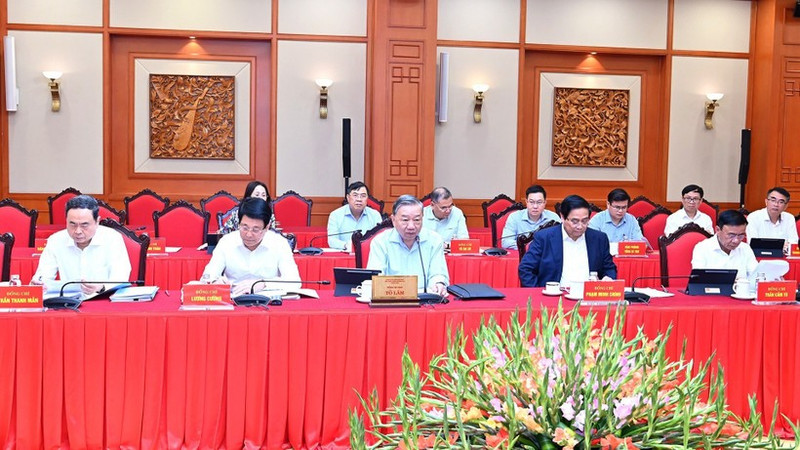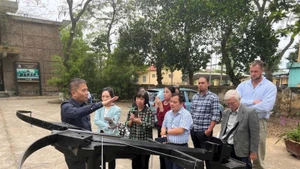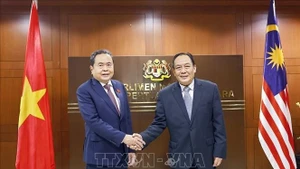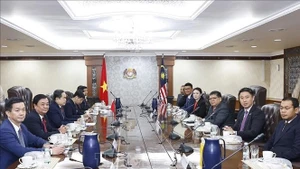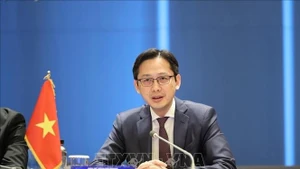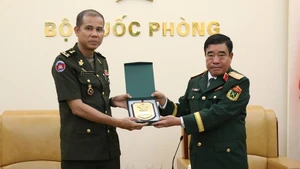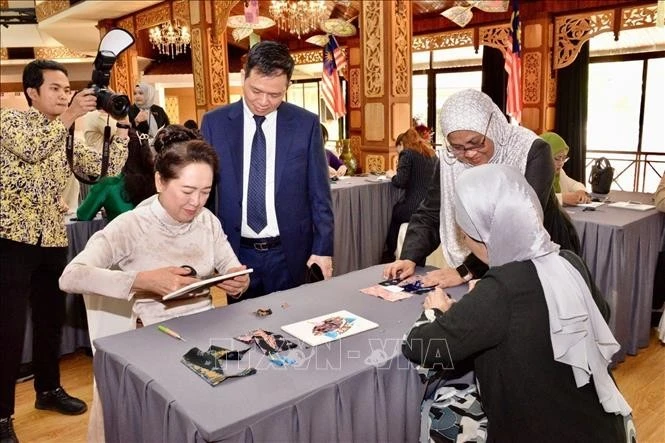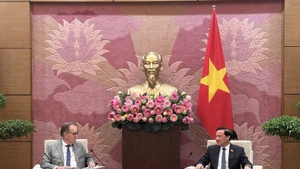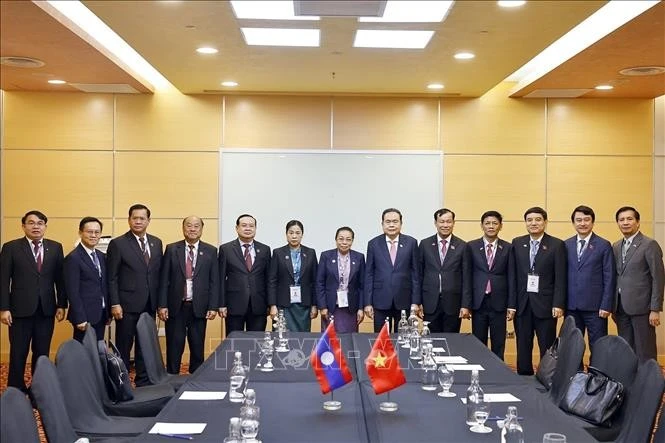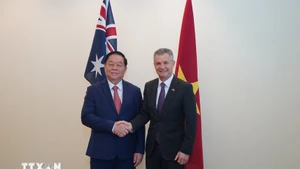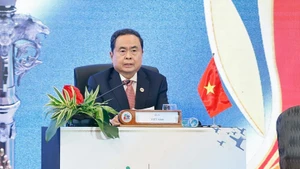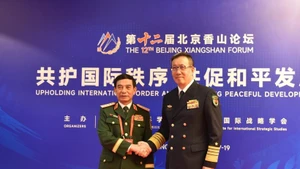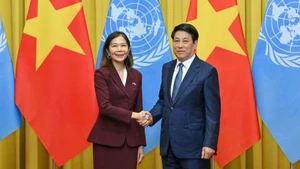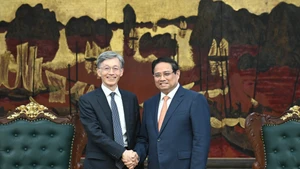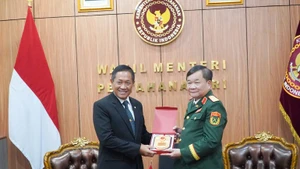The regulation took effect on September 8, 2025, replacing Conclusion No. 35-KL/TW, dated May 5, 2022.
Regulation No. 368 defines the scope, subjects, objectives, requirements, and principles for issuing the list of leadership positions. It applies to Party committees, Party organisations, agencies, units, and leadership and management officials across the political system, serving as a basis for personnel management and arrangement, and for determining salaries and allowances.
The regulation emphasises building a streamlined, efficient, and effective political system with consistent interconnection among leadership positions. It highlights the need for personnel arrangements that are scientific, practical, fair, transparent, objective, and stable, while complying with the principle of democratic centralism and collective decision-making linked with the accountability of top leaders.
A key change is that the post of Permanent Member of the Secretariat is added to the list of "key Party and State leaders", alongside the Party General Secretary, State President, Prime Minister, and National Assembly Chairperson.
Meanwhile, high-ranking leadership positions now also include Chairperson of the Party Central Committee’s Inspection Commission, heads of central Party commissions, Chief of the Party Central Committee's Office, and Director of the Ho Chi Minh National Academy of Politics. They are added to the existing posts of member of the Politburo, member of the Secretariat, President of the Vietnam Fatherland Front Central Committee, Vice State President, Deputy Prime Minister, National Assembly Chairperson, Chief Justice of the Supreme People's Court, and Prosecutor General of the Supreme People's Procuracy.
The regulation divides positions into four groups: Group I includes key and high-ranking Party and State leadership; Group II covers positions under the Politburo's management; Group III includes those managed by the Secretariat; and Group IV defines leadership frameworks managed by Party committees, Party organisations, and agency heads.
Regulation No. 368 is expected to greatly help strengthen the efficiency and effectiveness of the political system while addressing shortcomings in personnel affairs.
